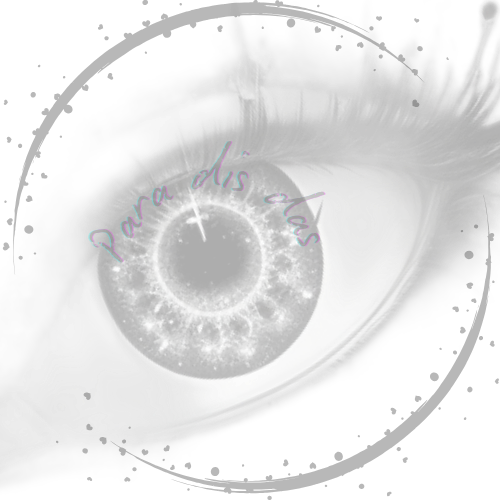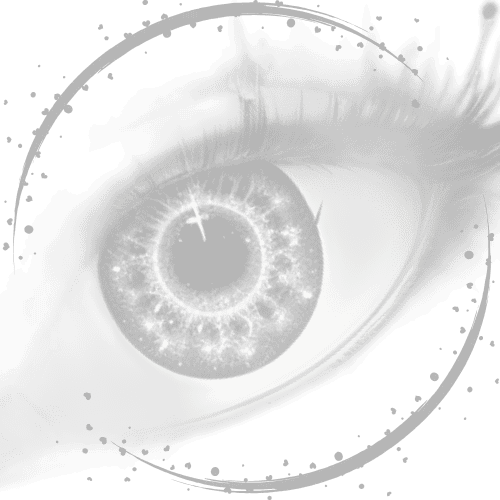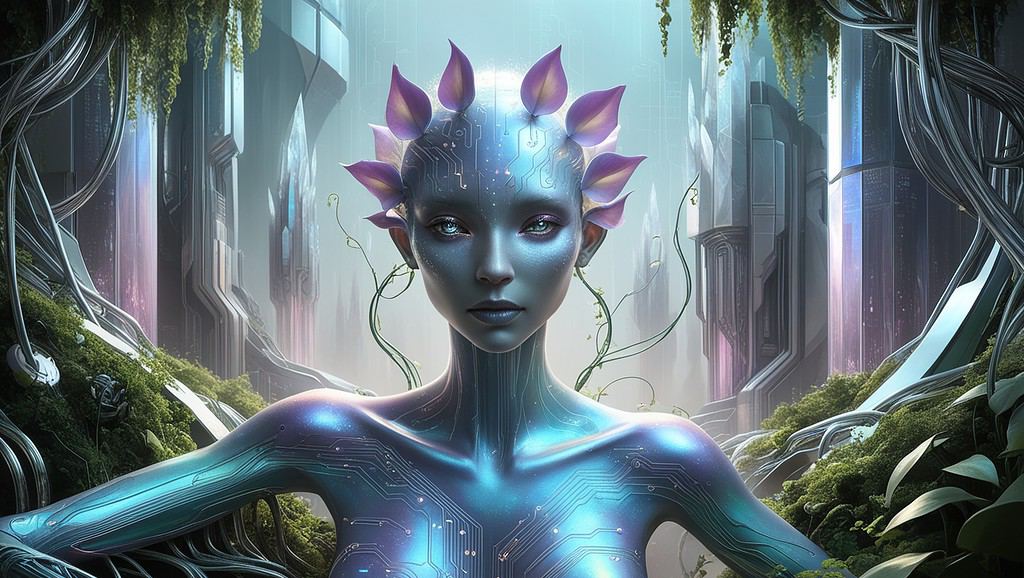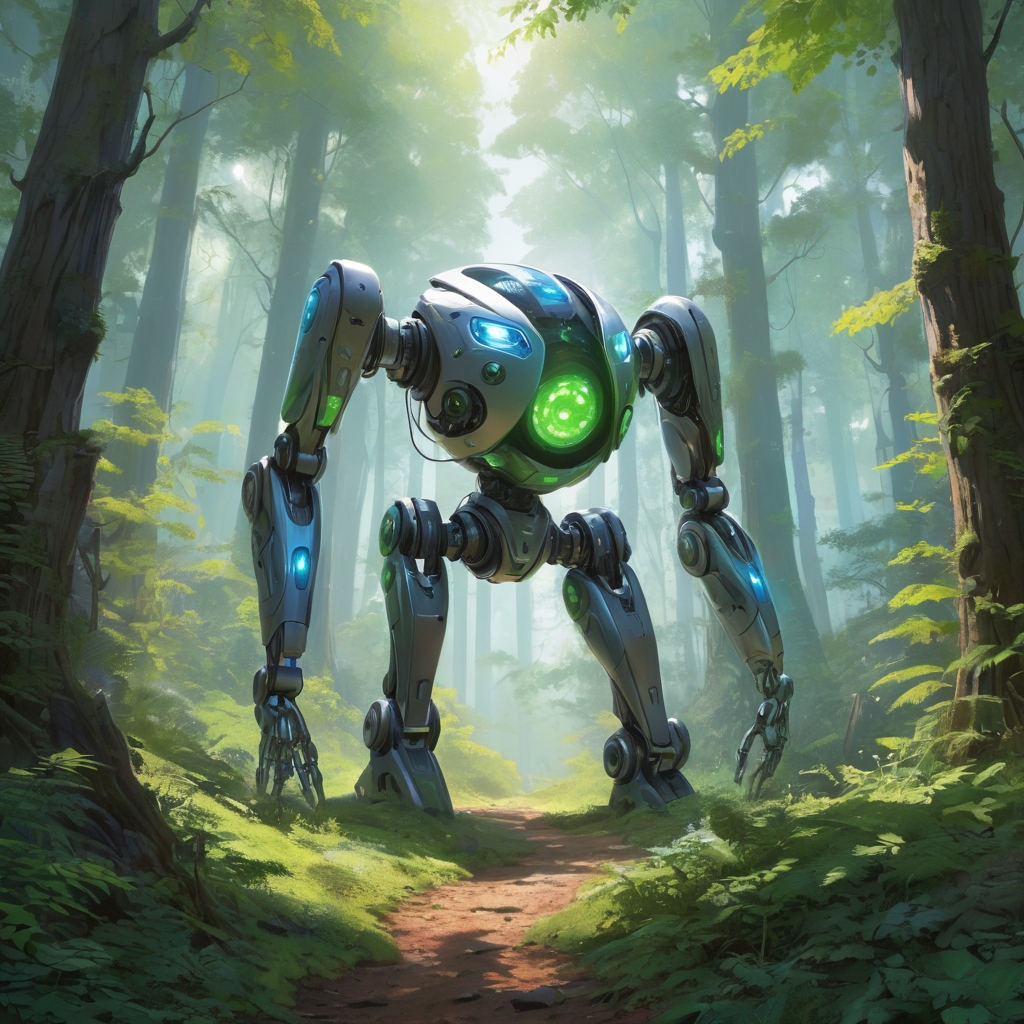
Can AI Replace Human Creativity? A Deeper Look at the Debate
The rise of artificial intelligence (AI) is transforming industries and sparking a wave of fascinating discussions. One of the most compelling debates revolves around AI’s potential to replace human creativity. While AI can generate impressive content, from articles to art, the question remains: can it truly create in the same way humans do? Let’s dive deeper into this complex issue and explore the arguments on both sides.
Human creativity vs AI
AI excels at mimicking and replicating existing creative patterns. Think about AI-generated images or music – they often draw inspiration from vast datasets of human-created content. This ability to learn and reproduce styles is undoubtedly powerful. However, the originality and emotional depth often associated with human creativity are still largely absent in AI’s outputs. The real debate lies not in whether AI can do creative things, but whether it can truly feel them.
Consider the human creative process: it’s fueled by emotion, personal experience, and a deep connection to the world. AI lacks these intrinsic qualities. While AI can analyze and understand the components of a creative work, it doesn’t possess the subjective experience that drives genuine human inspiration.
Furthermore, the ethical implications of relying too heavily on AI-generated content are noteworthy. Will it homogenize our creative landscape? Will human artists lose their livelihoods to automated systems? These questions deserve careful consideration as AI’s capabilities continue to evolve.
Can AI Really Create?
The current state of AI suggests that it’s more accurately described as a tool for creativity, rather than a source. It’s a powerful tool capable of accelerating the creative process, assisting humans in producing novel ideas and expressions. This aligns well with the growing popularity of tools like AI image generators and writing assistants, which are proving increasingly useful for both professionals and hobbyists alike. If you’re interested in exploring the potential of this technology in a practical way, you might want to check out some platforms like Leonardo.ai or Jasper.ai.
Collaboration, Not Replacement
The answer to the question of AI replacing human creativity likely isn’t a simple “yes” or “no.” Instead, the future likely involves collaboration. AI can augment and accelerate our creative processes, freeing up our time and resources to explore deeper artistic expressions. By embracing AI as a powerful tool, we can unlock new creative possibilities and push the boundaries of what’s possible.
Looking ahead, the conversation about AI’s role in creativity will undoubtedly continue. To stay informed and engaged in this conversation, explore resources that provide further insight into the technology and its potential. Dive deeper into discussions about the ethics and implications of AI in the creative process and form your own opinions. The future of creativity is dynamic and rapidly evolving. The crucial role will be to navigate this new landscape with thoughtfulness and open-mindedness. Be a part of the conversation! What are your thoughts on the role of AI in the future of creativity? Share your insights in the comments below. And, if you are interested in exploring ways to earn online, you can start by researching platforms like Betsmixer



Leave a Reply